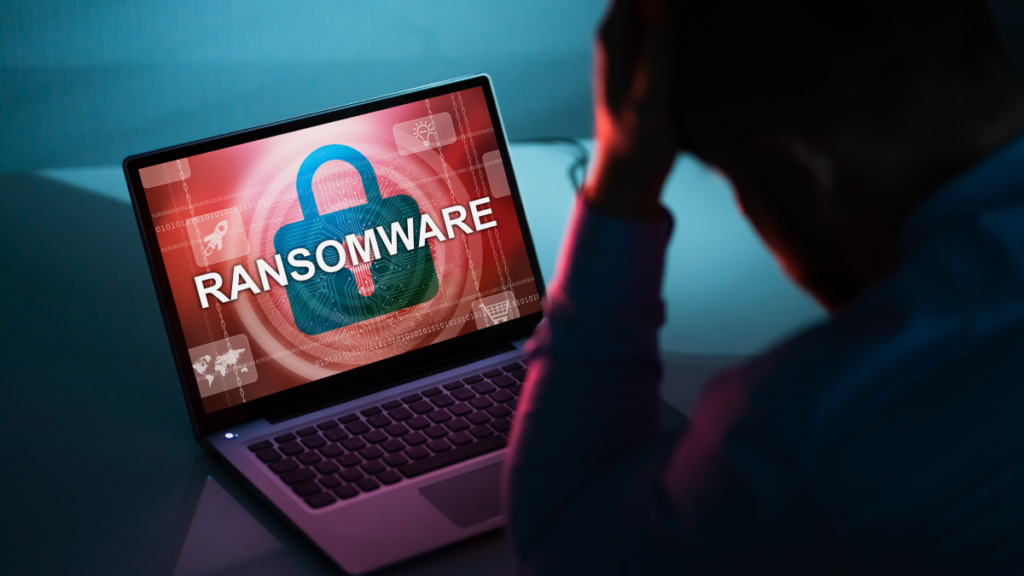Introduction to the Attack
In the early hours of February 21, the healthcare sector faced a dire threat: Change Healthcare, a major component of UnitedHealth Group’s digital operations, fell victim to a sophisticated ransomware attack by ALPHV/BlackCat. This incident, demanding a $22 million ransom, marked one of the most significant cyberattacks in American healthcare history, highlighting the sector’s vulnerabilities and the audacity of modern cybercriminals.
The Ripple Effect: Immediate and Profound
The cyberattack’s repercussions were swift and far-reaching, disrupting critical services nationwide — from medical claims processing to electronic payment management. This event underscored the interconnectedness of our healthcare infrastructure and its susceptibility to cyber threats, causing widespread operational and financial strain.
Personal Stories: The Human Impact
NPR reports brought to light the personal challenges faced by healthcare providers. Dr. Margaret Parsons and Dr. Stephen Sisselman’s experiences illustrated the operational and financial hurdles, from the potential shift to inefficient paper billing to the daunting prospect of running a practice without revenue. These stories encapsulate the broader distress within the healthcare community during this crisis.
Financial Strain Across the Healthcare Sector
The economic impact of the cyberattack was staggering. Large healthcare systems like Jackson Health System in Miami faced potential losses up to $30 million if the outage extended over a month. The financial strain touched all corners of the sector, emphasizing the attack’s extensive economic toll on both large institutions and small practices.
Rallying for Recovery: Government and Industry Response
In response to the crisis, the Health and Human Services Department (HHS) initiated assistance programs and encouraged the acceptance of paper claims to alleviate some financial pressures. However, the healthcare community’s needs seemed to surpass the aid provided, highlighting a gap in the support necessary for recovery.
A United Call to Strengthen Cybersecurity
The cyberattack spotlighted the critical need for a fortified cybersecurity framework within the healthcare sector. The American Hospital Association’s declaration of the incident as an unprecedented threat underlined the urgency for enhanced cybersecurity measures. This consensus for action is driving a concerted effort towards establishing robust cybersecurity controls and a collaborative crisis management approach.
Forging a Path Forward: Cybersecurity and Resilience
On 12 March, the Biden administration convened a significant meeting with HHS leaders and industry stakeholders to address the cybersecurity challenges head-on. The summit emphasized collective action and the adoption of HHS’s Healthcare and Public Health (HPH) Cyber Performance Goals (CPGs), marking a strategic shift towards proactive and resilient cybersecurity practices.
Conclusion: A Proactive Approach to Cybersecurity
The Change Healthcare cyberattack serves as a critical reminder of the vulnerabilities within the healthcare sector’s digital defenses. It underscores the necessity of a unified effort to enhance cybersecurity resilience, ensuring the protection of patient data and the continuity of healthcare services against future threats. This incident is a pivotal moment for the healthcare sector, urging a shift from reactive measures to a proactive and comprehensive cybersecurity strategy.
For a more in-depth analysis on the Change Healthcare incident and how OpenText Cybersecurity can help, read Navigating the Aftermath: The Change Healthcare Cyberattack or listen to our podcast episode “Change Healthcare Under Siege: Anatomy of a Cyberattack“.



